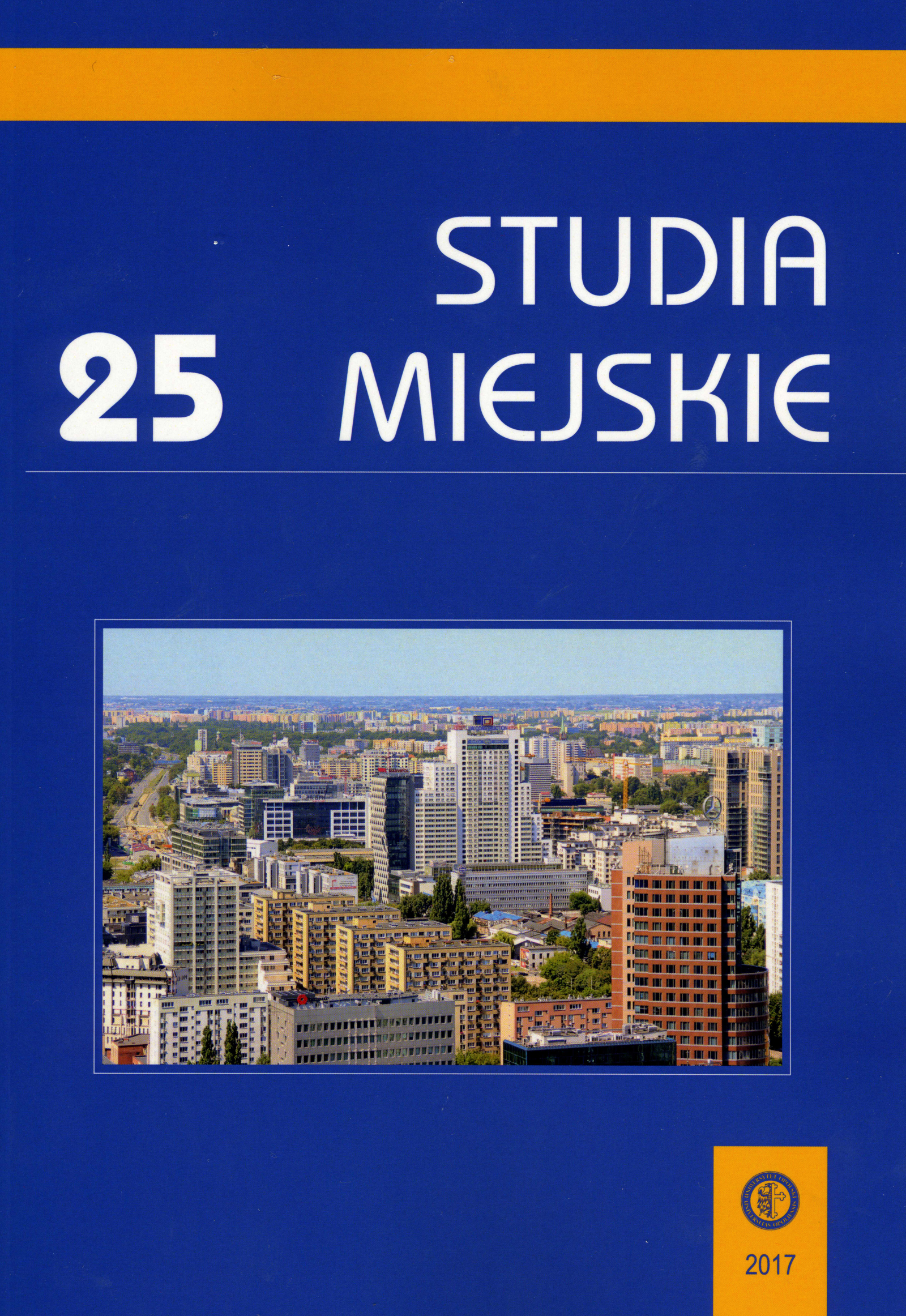Rozwój miast i urbanizacja Brazylii w okresie kolonialnym (1500–1822)
Cities development and urbanization of Brazil in the colonial period (1500–1822)
Author(s): Mirosław WójtowiczSubject(s): Social history, Rural and urban sociology
Published by: Uniwersytet Opolski
Keywords: Brazil; colonization; urban network; gateway cities; mercantile model of settlement
Summary/Abstract: The aim of this article is to present the history of the origin and evolution of the urban settlement network in Brazil during its colonial dependency on Portugal. The change in the pace of the establishment of cities and the differences in their spatial distribution were also determined, and an attempt was made to link these issues to the economic and political changes taking place in Brazil, including the progressing colonization. An attempt was also made to identify and take into account, in the analysis, the impact of international conditions for the development and spatial differentiation of the Brazilian urban network. The results indicate that in the over three-hundred-year colonial period the foundations of the urban settlement in Brazil were formed, which consisted of 12 cities and over 200 towns. Most of the centers formed at that time have continued to play an important role in the settlement system until today. The undertaken studies indicate that the development of the network of Brazilian cities referred to Vance’s mercantile model, but also to the network system theory of cities development and to the concept of gateway cities.
Journal: Studia Miejskie
- Issue Year: 2017
- Issue No: 25
- Page Range: 31-57
- Page Count: 27
- Language: English, Polish

